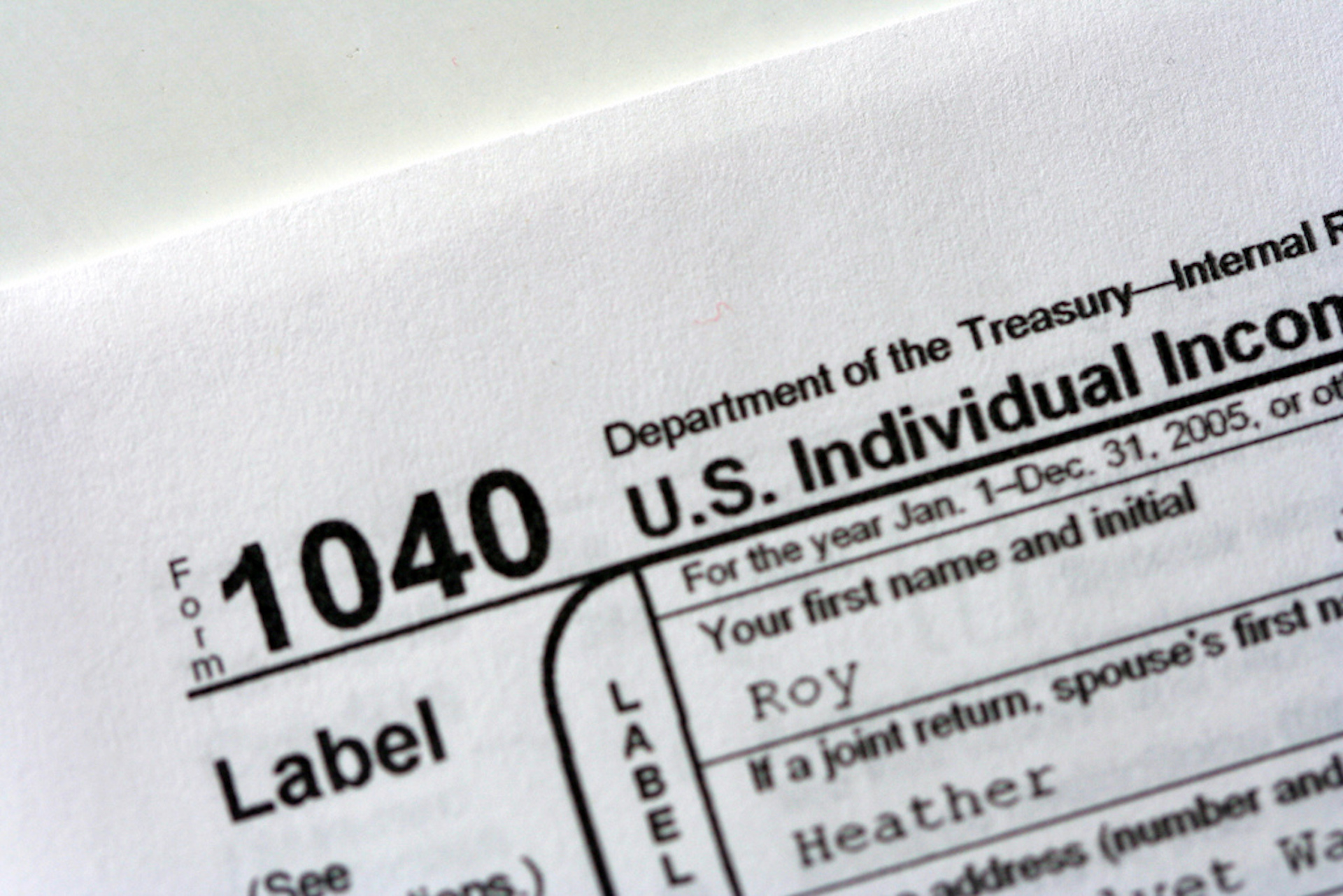 Taxation and Accounting
Taxation and Accounting

Our Process for our Individual Clients starts with Tax Return Preparation
It is important to come prepared to your appointment. In this website and our annual emailing, the tax checklist is used as a guide on what to bring to your appointment. Most of the items may not apply but it creates a good comprehensive guide. Please be sure that you have all the information.
Once the return is prepared, it is then we can determine if you are over or under withholding. For the self-employed, did you make sufficient quarterly tax payments? Other considerations are given such as to the type of CD’s you have or should you contribute to an IRA to name a couple.

Our Process begins for our Business Clients with the Type of Entity
Tax issues are never far from the mind of the business owner, and it’s likely that many of the decisions you make will be tax-based. It starts with the formation of your business and continues through the sale. Your choice of business entity, how you pay out profits to the owners, and your accounting decisions will all have an effect on your tax liability.
Our payroll service takes the burden away from the owners so you can concentrate on managing your business. We give you the assurance that the checks and the payroll filings are timely and accurate. While we do the filing, please note that it is up to the business to assure that the payroll taxes are funded. The penalties for payroll taxes are more severe than that of the individual level with NO compromise.
Accounting and bookkeeping services drive the business return with the Balance Sheet and the Profit & Loss Statement.
The Balance Sheet displays the position of your assets and liabilities to determine the companies’ net worth. It is here we can determine if your receivables (money owed to you) are paid by issuing Aging Reports. Another determination is if your inventory is stuck because of overbuying.
Profit & Loss is just that, how did the business do for the year? There can be the determination that it may be wise to invest in new equipment or introduce some employer sponsored plans.
This information is used to prepare the corporate tax return.
 Tax Planning
Tax Planning
Tax planning considers the tax implications of individual, investment, or business decisions, usually with the goal of minimizing tax liability while preserving or growing your assets. While decisions should not be made solely on their tax impact, you should have a working knowledge of the income or estate tax issues and costs involved. We can help you with that.
We focus on:
Reducing taxable income through income deferral or shifting
- Deduction planning.
- Investment tax planning.
- Year-end planning strategies.
- Utilizing the current tax codes voted into law.
Planning should be on going to evaluate how to best position assets in order to minimize the amount of taxes. Some strategies used are:
- Matching gains and losses.
- Passive income and losses.